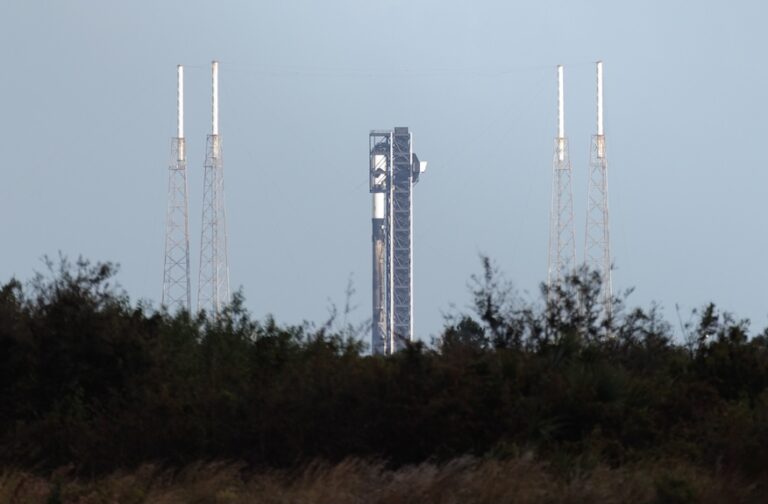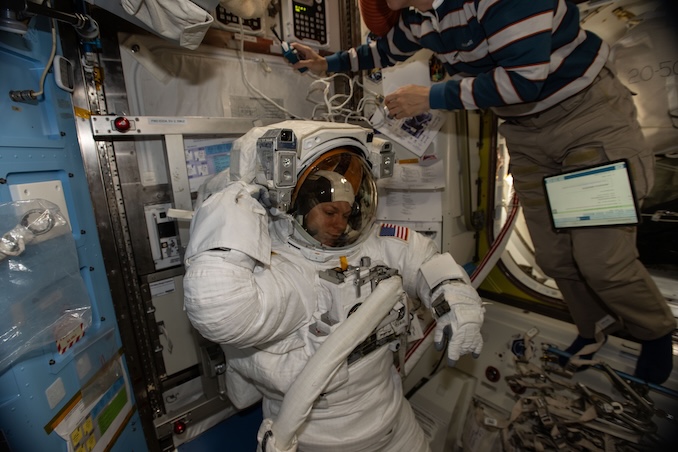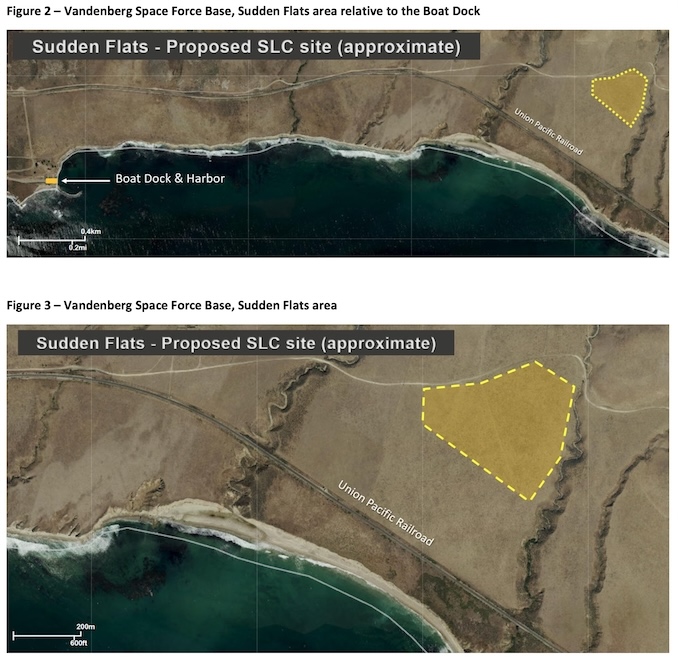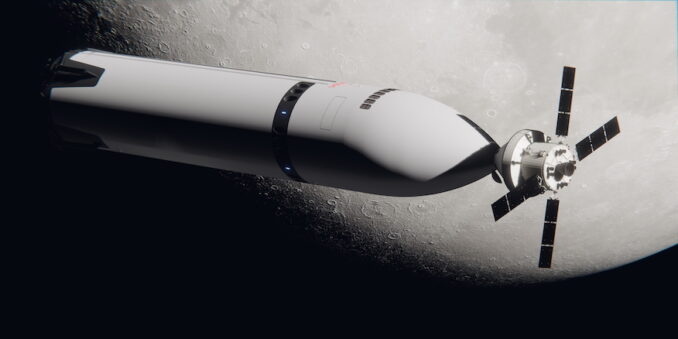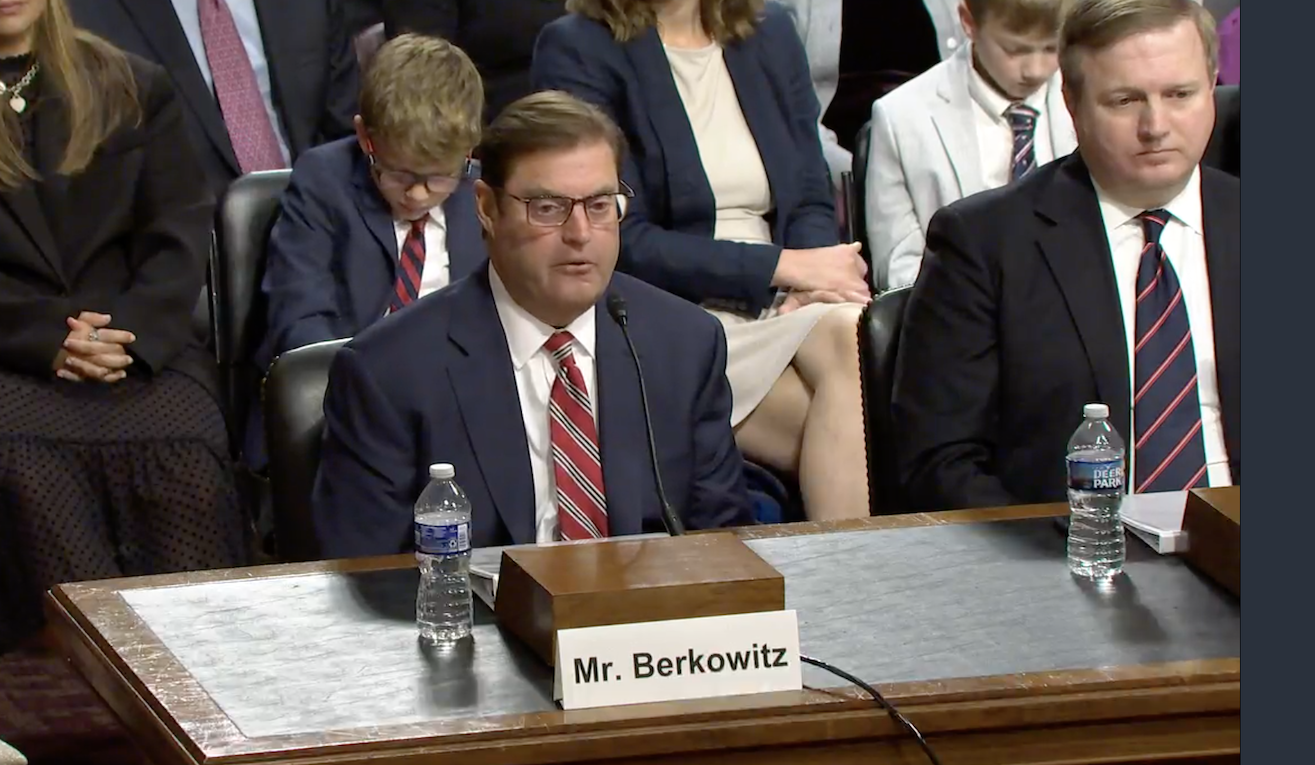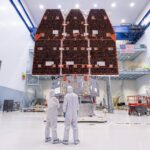Now Reading: Live coverage: SpaceX to launch 29 Starlink satellites on Falcon 9 rocket from Cape Canaveral
-
01
Live coverage: SpaceX to launch 29 Starlink satellites on Falcon 9 rocket from Cape Canaveral
Live coverage: SpaceX to launch 29 Starlink satellites on Falcon 9 rocket from Cape Canaveral
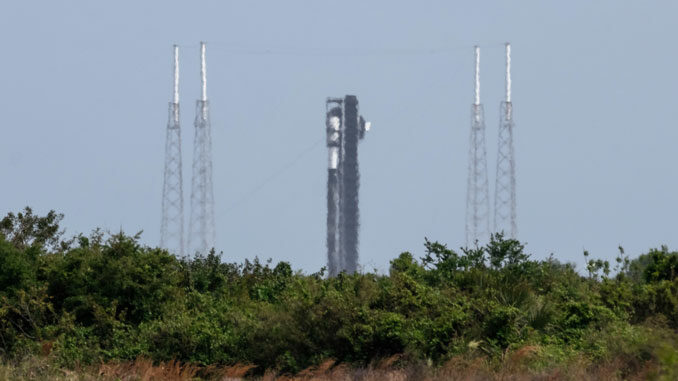
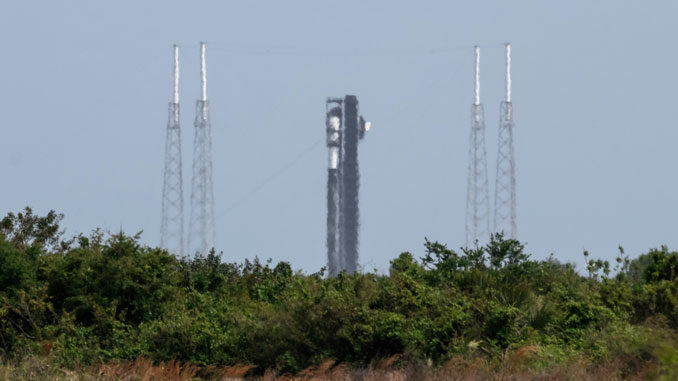
SpaceX is preparing for its penultimate Falcon 9 rocket launch of October, which is set to fly from Cape Canaveral Space Force Station around lunchtime on Wednesday.
The Starlink 10-37 mission will carry 29 of the company’s Starlink V2 Mini Optimized satellites into low Earth orbit.
Liftoff from Space Launch Complex 40 is scheduled for 12:16 p.m. EDT (1616 UTC). The satellites will be deployed roughly an hour into the mission.
Spaceflight Now will have live coverage beginning about an hour prior to liftoff.
The 45th Weather Squadron forecast a 95 percent chance for favorable weather during the launch window. Meteorologists said that conditions in the booster recovery area “remain a watch item, due to elevated waves off the (South) Carolina coast.”
SpaceX will launch the mission using its first stage booster with the tail number B1083. This will be its 15th flight after launching missions, like Crew-8, Polaris Dawn and Intuitive Machines Mission 2.
About 8.5 minutes after liftoff, B1083 will target a landing on the drone ship, ‘Just Read the Instructions’. If successful, this will be the 139th landing on this vessel and the 526th booster landing to date.
The Starlink 10-37 mission will be just the second time that SpaceX launches the maximum number of the V2 Mini satellites that the Falcon 9 is capable of launching while flying in a reusable booster configuration. The first time SpaceX flew at max capacity was the Starlink 6-84 mission on May 4, 2025.
Stay Informed With the Latest & Most Important News
Previous Post
Next Post
-
 01From Polymerization-Enabled Folding and Assembly to Chemical Evolution: Key Processes for Emergence of Functional Polymers in the Origin of Life
01From Polymerization-Enabled Folding and Assembly to Chemical Evolution: Key Processes for Emergence of Functional Polymers in the Origin of Life -
 02Two Black Holes Observed Circling Each Other for the First Time
02Two Black Holes Observed Circling Each Other for the First Time -
 03How New NASA, India Earth Satellite NISAR Will See Earth
03How New NASA, India Earth Satellite NISAR Will See Earth -
 04Thermodynamic Constraints On The Citric Acid Cycle And Related Reactions In Ocean World Interiors
04Thermodynamic Constraints On The Citric Acid Cycle And Related Reactions In Ocean World Interiors -
 05Φsat-2 begins science phase for AI Earth images
05Φsat-2 begins science phase for AI Earth images -
 06Hurricane forecasters are losing 3 key satellites ahead of peak storm season − a meteorologist explains why it matters
06Hurricane forecasters are losing 3 key satellites ahead of peak storm season − a meteorologist explains why it matters -
 07Binary star systems are complex astronomical objects − a new AI approach could pin down their properties quickly
07Binary star systems are complex astronomical objects − a new AI approach could pin down their properties quickly












